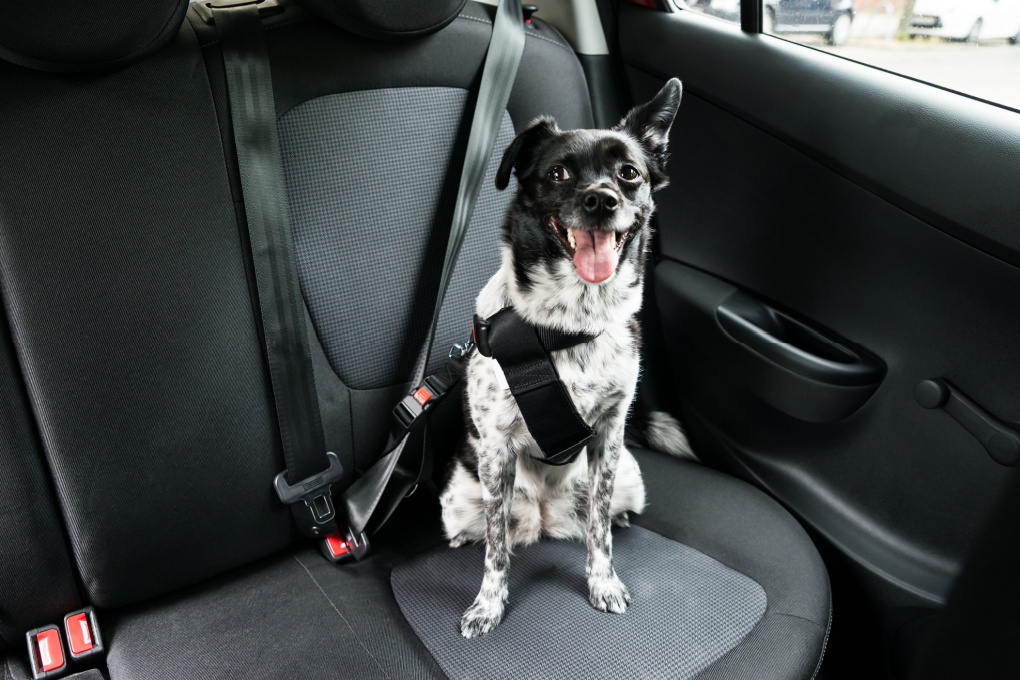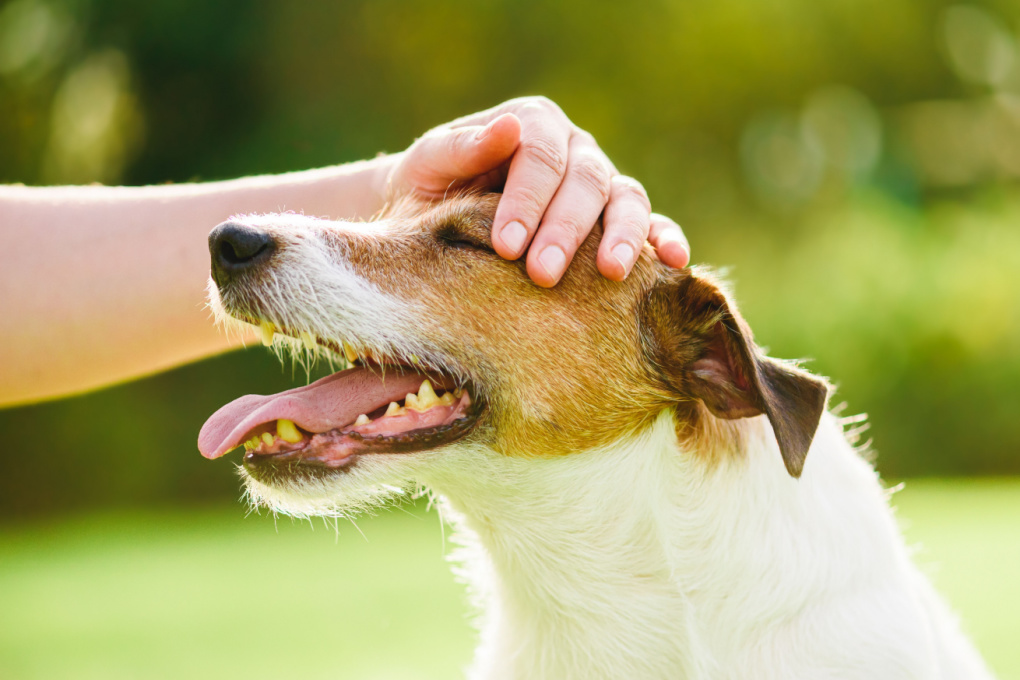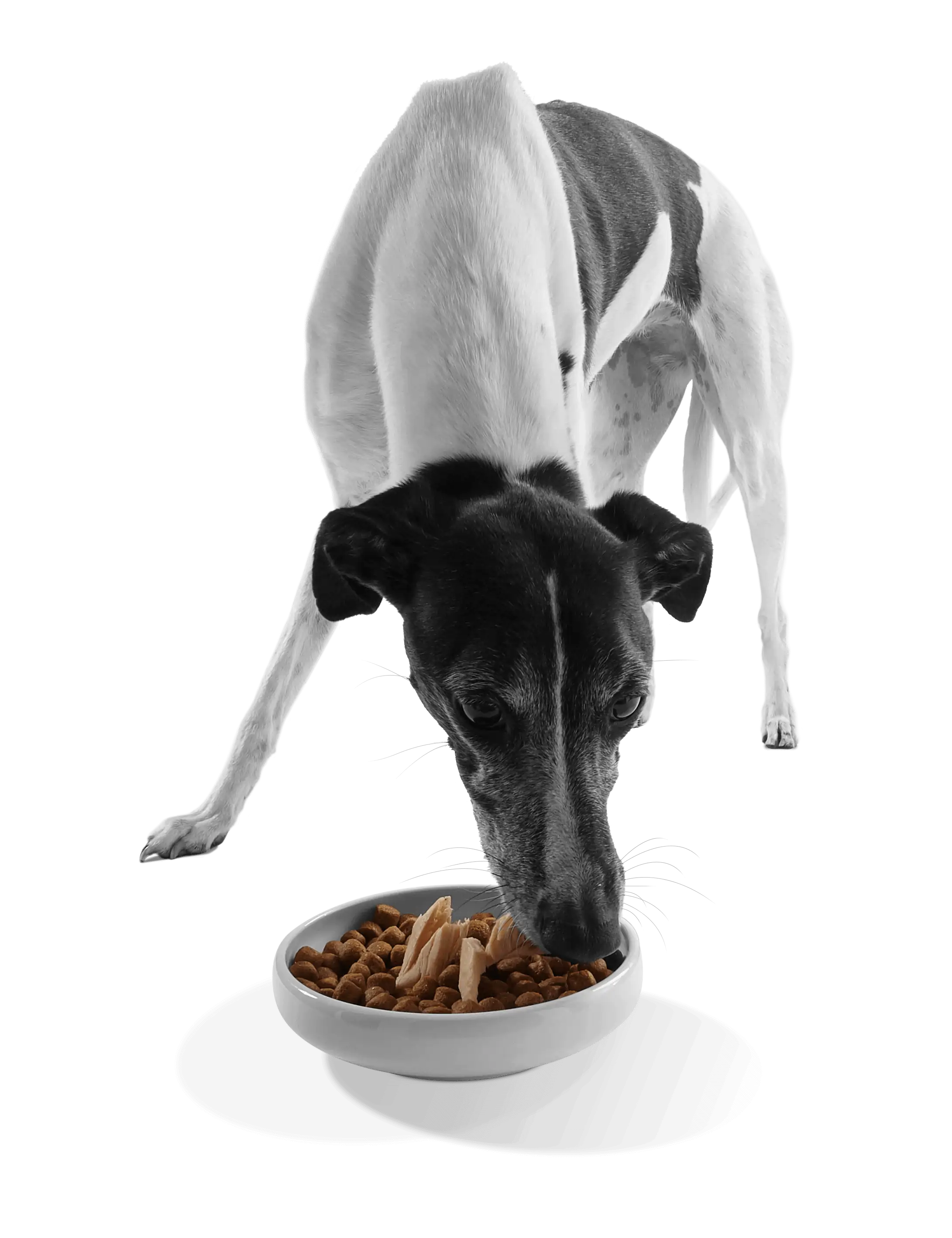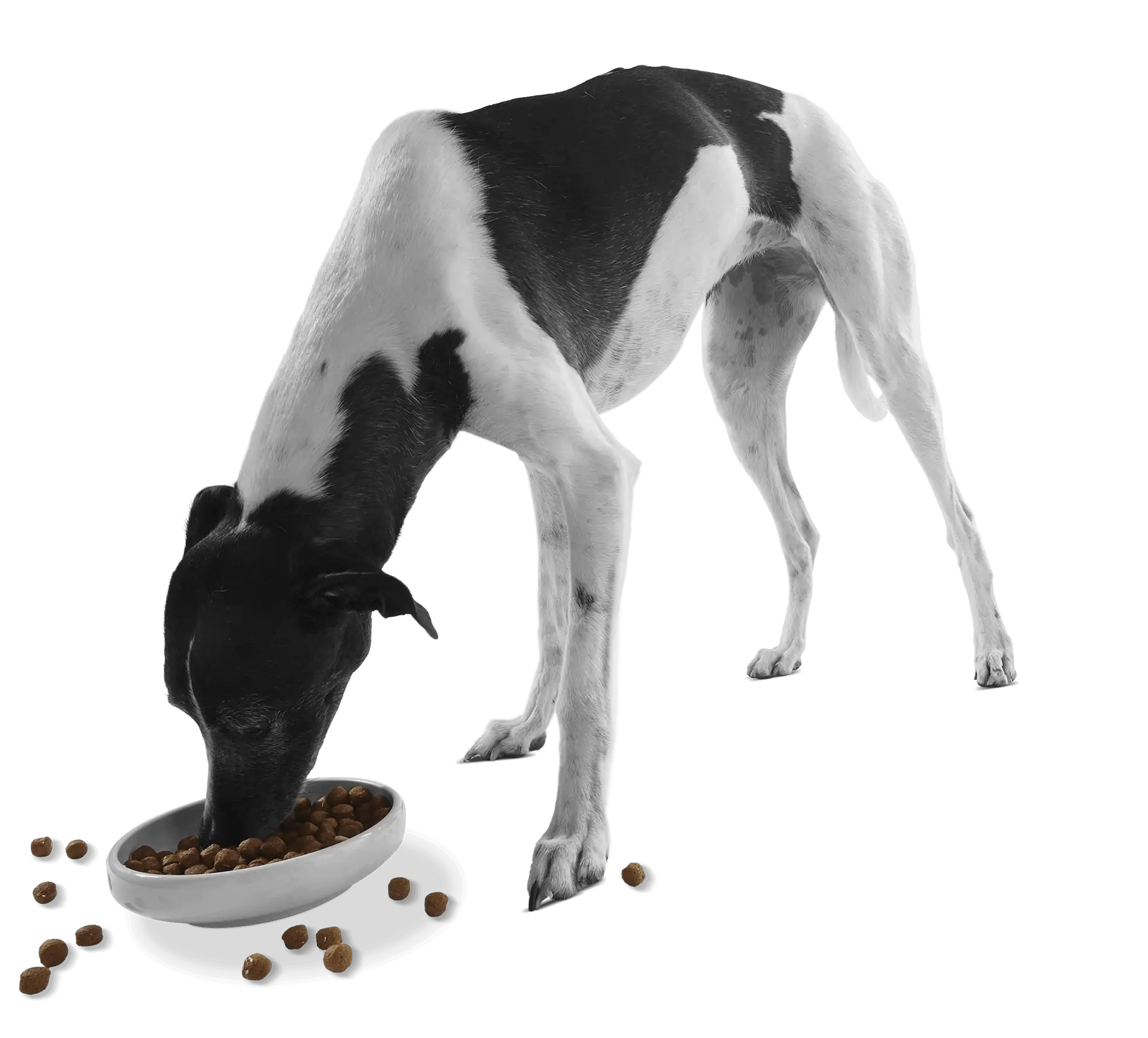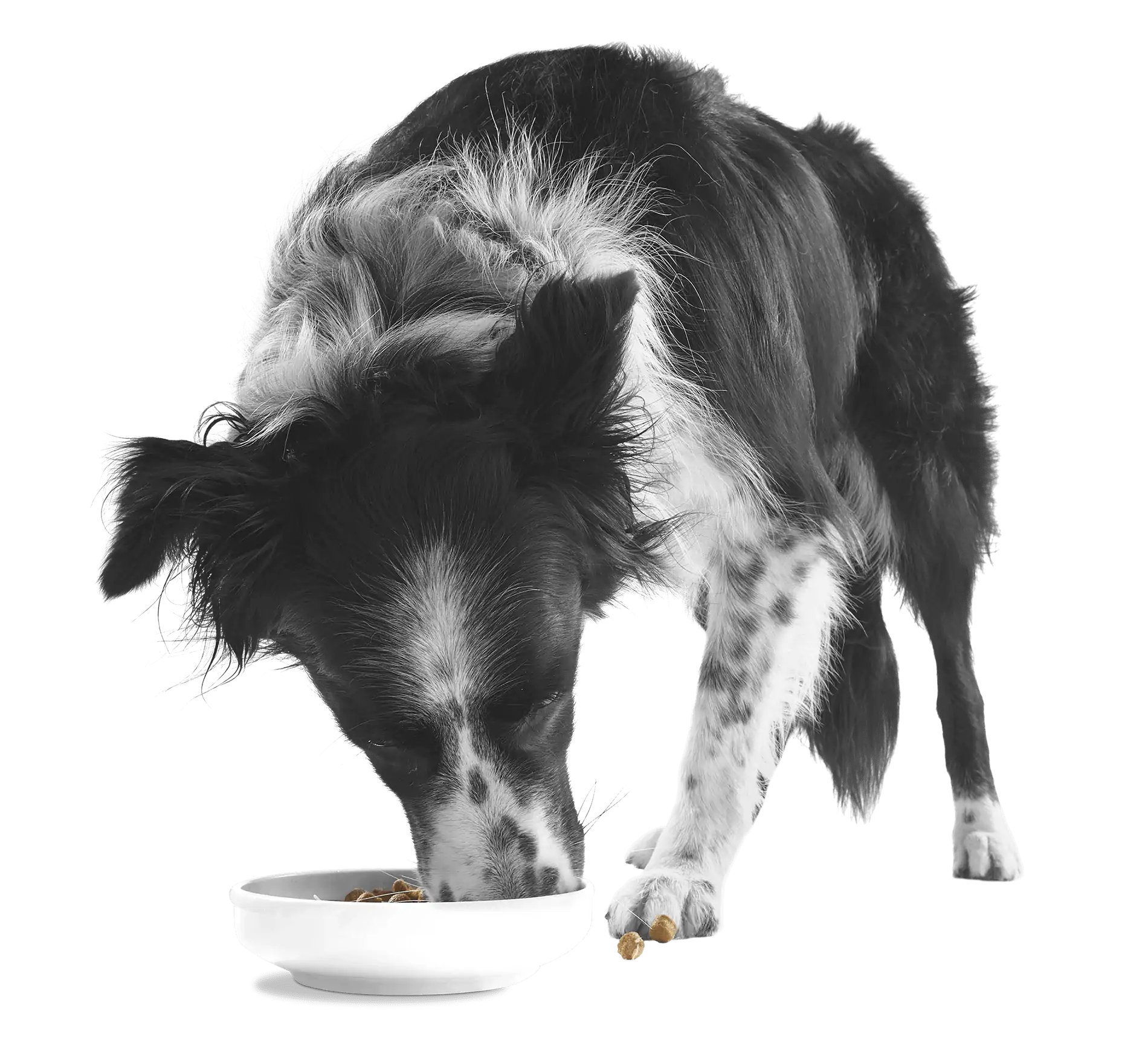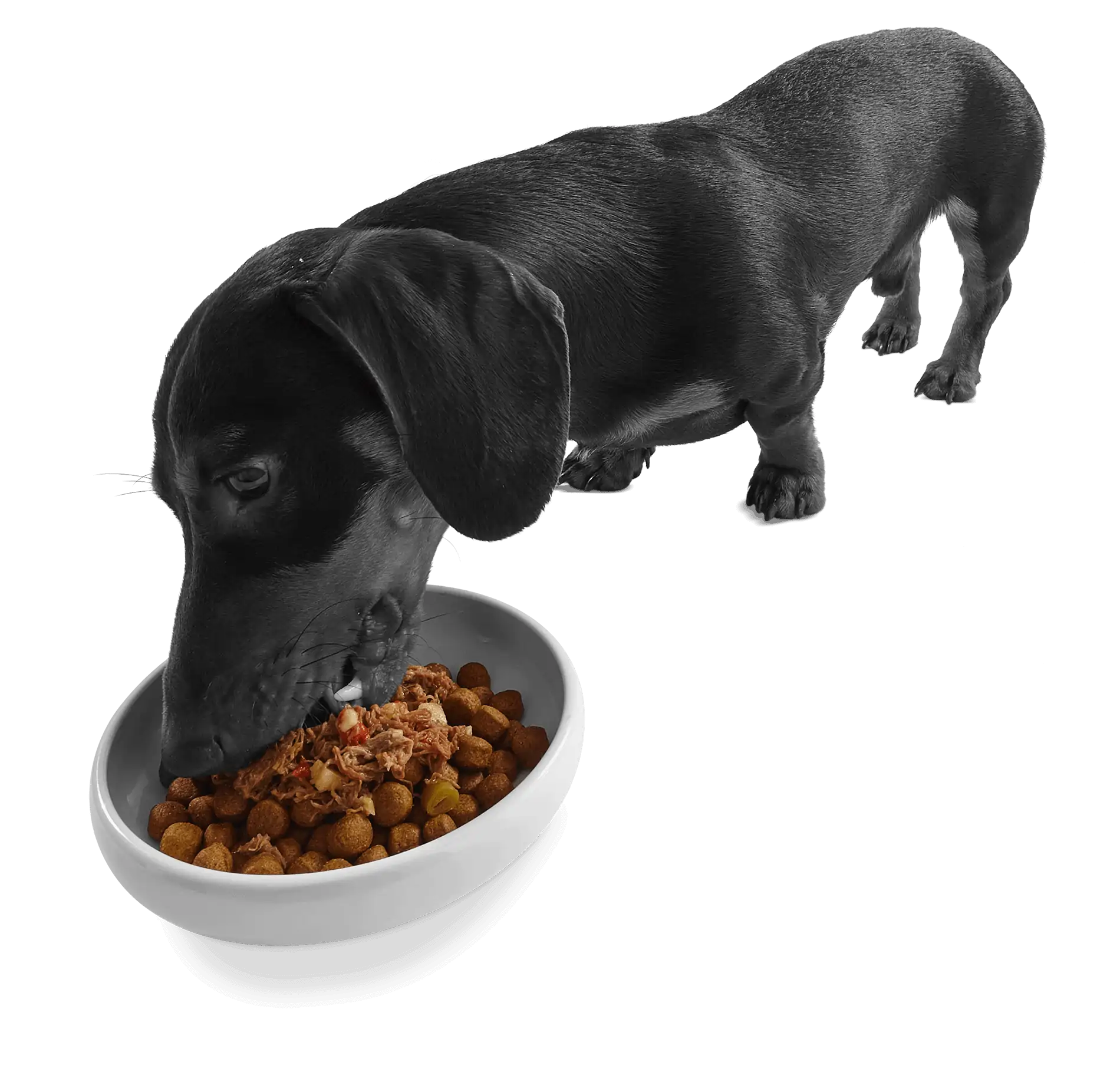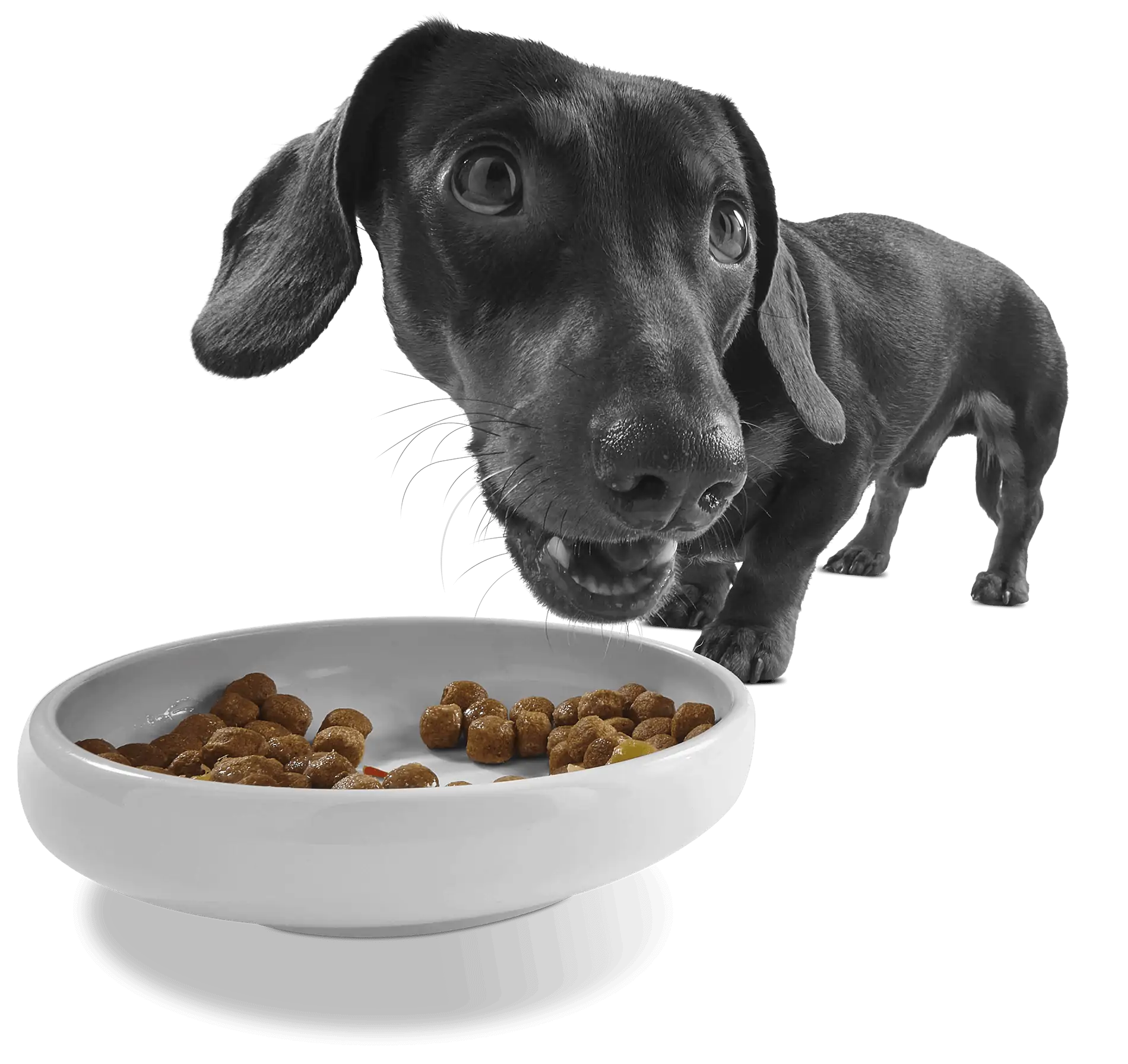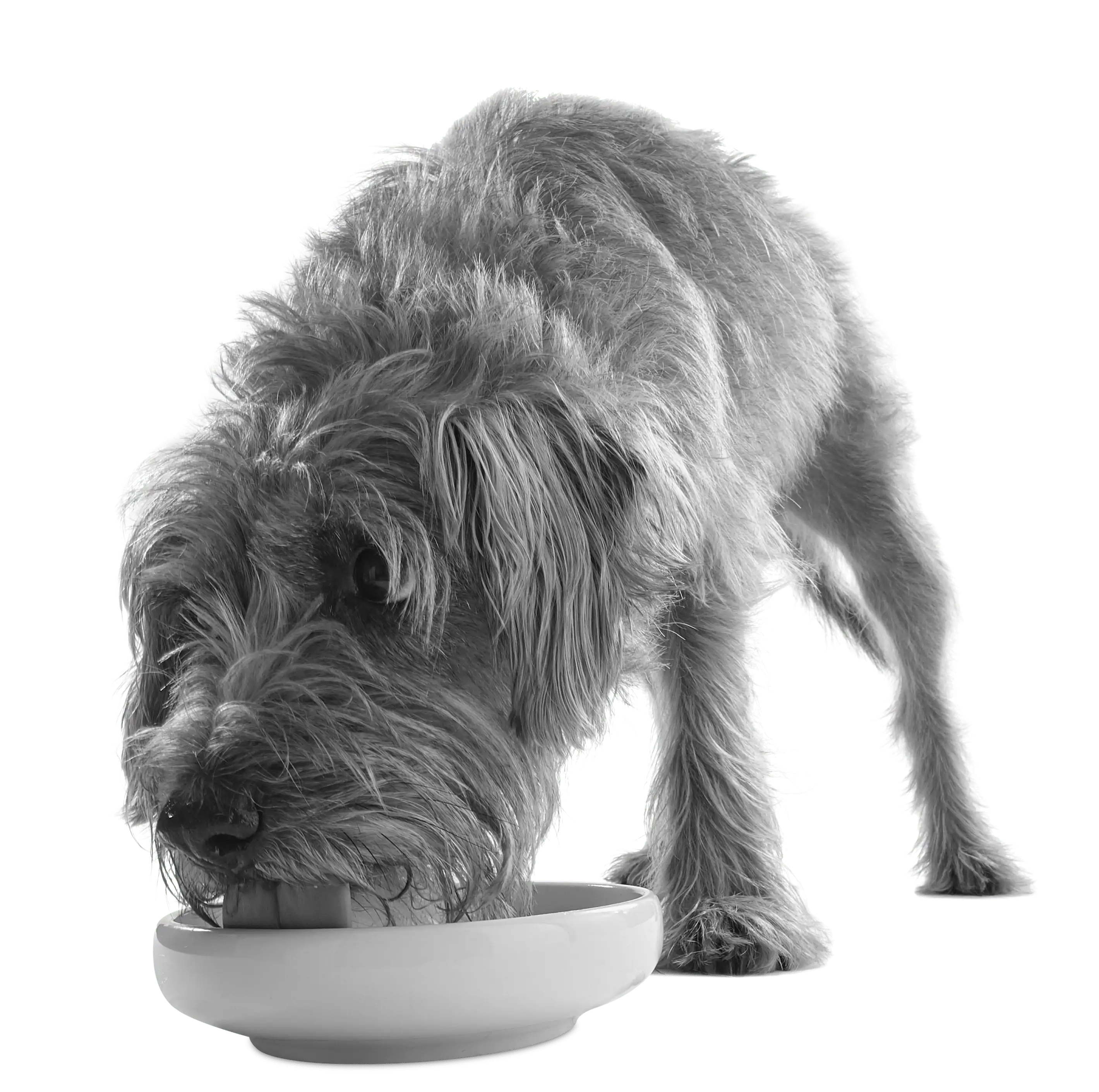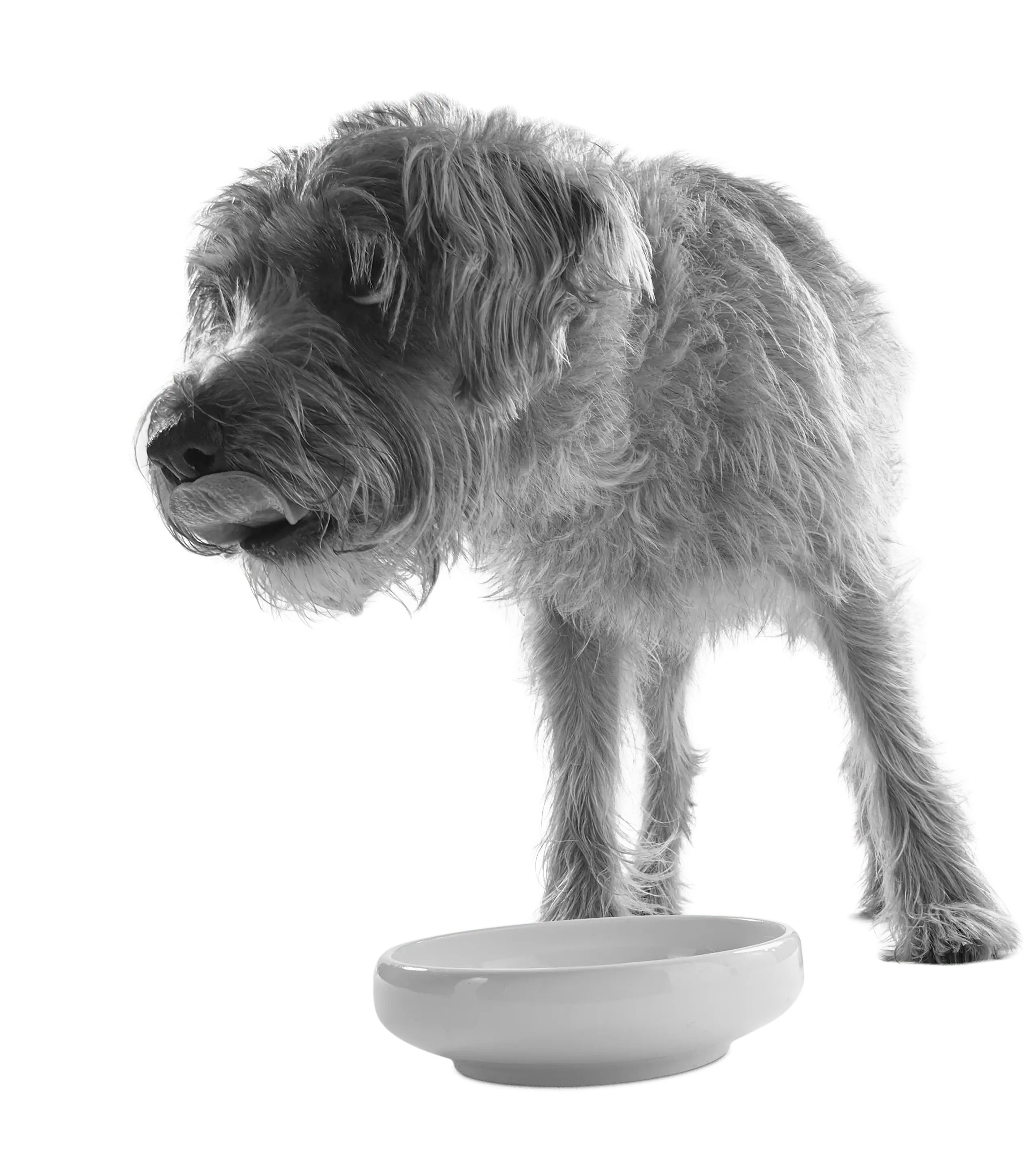When daylight diminishes, temperatures tumble, your breath becomes visible and defrosting your vehicle turns into a daily chore, it’s a tell-tale sign that cold and flu season is upon us.
Our happy little hounds will watch, bemused, from a distance as pet owners pull out the heated blanket in a panic, stockpile tissues, and replenish the medicine cabinet.
Fortunately, our four-legged friends aren’t affected by the common cold, which is one less thing for pet owners to worry about when the winter months creep in.
It is possible for them to show the same sickly symptoms at times — but sneezing and sniffles are likely caused by infections that lead to non-contagious ‘dog colds’.
Is a cold fatal for a dog?
Cold-like viruses are rarely life-threatening for our tenacious, tippety-toed pups, but it’s definitely worth keeping a close eye on your ‘patients’ if they develop symptoms.
More often than not it’ll be something and nothing and your pup will be back on paw patrol in no time, making a full and speedy recovery from illness.
However, some dogs are susceptible to significantly more serious and debilitating conditions that would require more immediate care and attention.
The influenza virus, more commonly known as ‘dog flu’, is a sickness, similar to a ‘dog cold’, that is remedied relatively easily, either through rest and recovery, or via medication prescribed by vets.
But a kennel cough – which gets its name from its most common place of transmission – while treatable, is a respiratory disease that can have more serious consequences for canines with weakened immune systems.
Another is canine distemper, which can seriously compromise your dog’s health and wellbeing, and can sometimes prove life-threatening, though your dog should be vaccinated against this with their initial puppy vaccinations.
The main signs your dog has a cold
- Sneezing. While not as exaggerated as those of their pet owners, a subtle sneeze is an early indication that your dog is starting to feel a little under the weather. It’s likely just a ‘dog cold’ or ‘dog flu’, which they’ll tend to fight off without treatment, but try to keep tabs on their general disposition. If their mood or behaviour alters, seek advice from your vet.
- Runny or congested nose. A dog’s wet nose would normally denote good health, with special glands within the inner lining secreting mucus to keep the nasal canals moist and, in turn, improves the dog’s ability to smell. However, a runny nose is completely different and doesn’t reflect as positively. Cold and flu isn’t a pleasurable experience for dog owners, let alone their pets, and both are equally transmissible when exposed, but it’s usually something that a bit of care and attention — like a tummy-tickle or a head rub — can remedy.
- Watery eyes. Eye discharge is a common problem for some dogs and can signify anything from infection to allergies. A teary eye is usually an indication that your pet is feeling a little run down and starting out with a fever. But the colouring of the discharge can also be quite revealing and provide an understanding of the issue at hand. Conjunctivitis, allergies, injury, infection, foreign matter, distemper are all possible causes of discharge or mucus. You can always speak to your vet — if you have any questions — to get to the root cause of any ailments.
- Coughing. The sound of a dog coughing is more of a rarity and will likely ring alarm bells in most pet owners’ heads. Coughing is a symptom that you might want to treat with added caution as the cause could be something potentially more dangerous. It might just be that they’re clearing their throat having explored their dust and germ-filled surroundings, but a more regular cough, and a change in breathing patterns, could suggest something more sinister.
- Honking. A goose-like honking sound is the most distinctive characteristic of kennel cough or tracheobronchitis. This is highly infectious and usually transmitted in areas where large numbers of our pets congregate. In most cases it isn’t a serious disease, it normally causes mild illness and discomfort, but it can start to become more problematic if it descends into the lungs, which can cause pneumonia or chronic bronchitis.
- Change in appetite. Behavioural changes in your dog’s eating patterns, in terms of quantity and regularity, can often be a clear sign that your poorly pup isn’t feeling their normal self. If they are eating and drinking as normal, despite suffering other symptoms of a ‘cold’, then there is usually no need for concern and they’ll go back to being a bountiful bundle of energy in a matter of days. On the other hand, if they’re off their food and struggling to stay hydrated, while showing signs of discomfort, then a phone call should be made to your vet immediately.
- Vomiting/diarrhoea. An abnormal stool, either discoloured or unusual in consistency, and/or fits of vomiting is incriminating evidence that your feverish fur baby probably requires veterinary treatment. Again, it could purely be a reaction to something they’ve eaten. However, prolonged spells of sickness or diarrhoea could mean that they’re suffering from a more serious disease.
Do I need to seek veterinary assistance?
Catching illnesses early can be the key to re-igniting the fire in a dog’s belly and the happy spark in those cute puppy dog eyes.
Your rapid response can be a game-changing move that transforms your pet’s perils into a pet pick-me-up as they set off on their road to recovery.
Early medical attention can improve the prognosis for your dog, especially where more serious or life-threatening diseases are concerned.
Minor symptoms are usually nothing to worry about, and your pet will normally self-heal with a little bit of tender loving care, but anything deep-rooted, persistent, troublesome or out of the ordinary should be seen to with immediate effect.
Here at Applaws, we would always advise our pet owners to contact a vet with any concerns relating to your dog’s health and wellbeing.
How a well-balanced diet can help combat a dog cold
Sadly, just like the human cold, there is no vaccine available to help neuter the common ‘dog cold’, due to the extreme variants of germs and viruses that play a part.
The only thing we can do to try and alleviate the problem, in both ourselves and our pets, is to promote a lifestyle that gives us the best chance of staying fit and well.
A mouth-watering and lip-licking balanced diet, packed with nutritious ingredients and vitamins, can help keep viruses at bay by boosting their immune system and keeping them as fit as a butcher’s dog.
Related Content:




